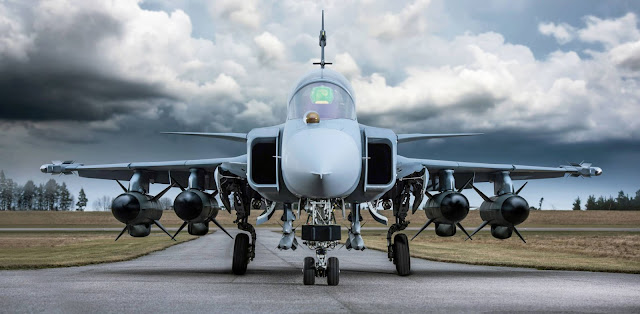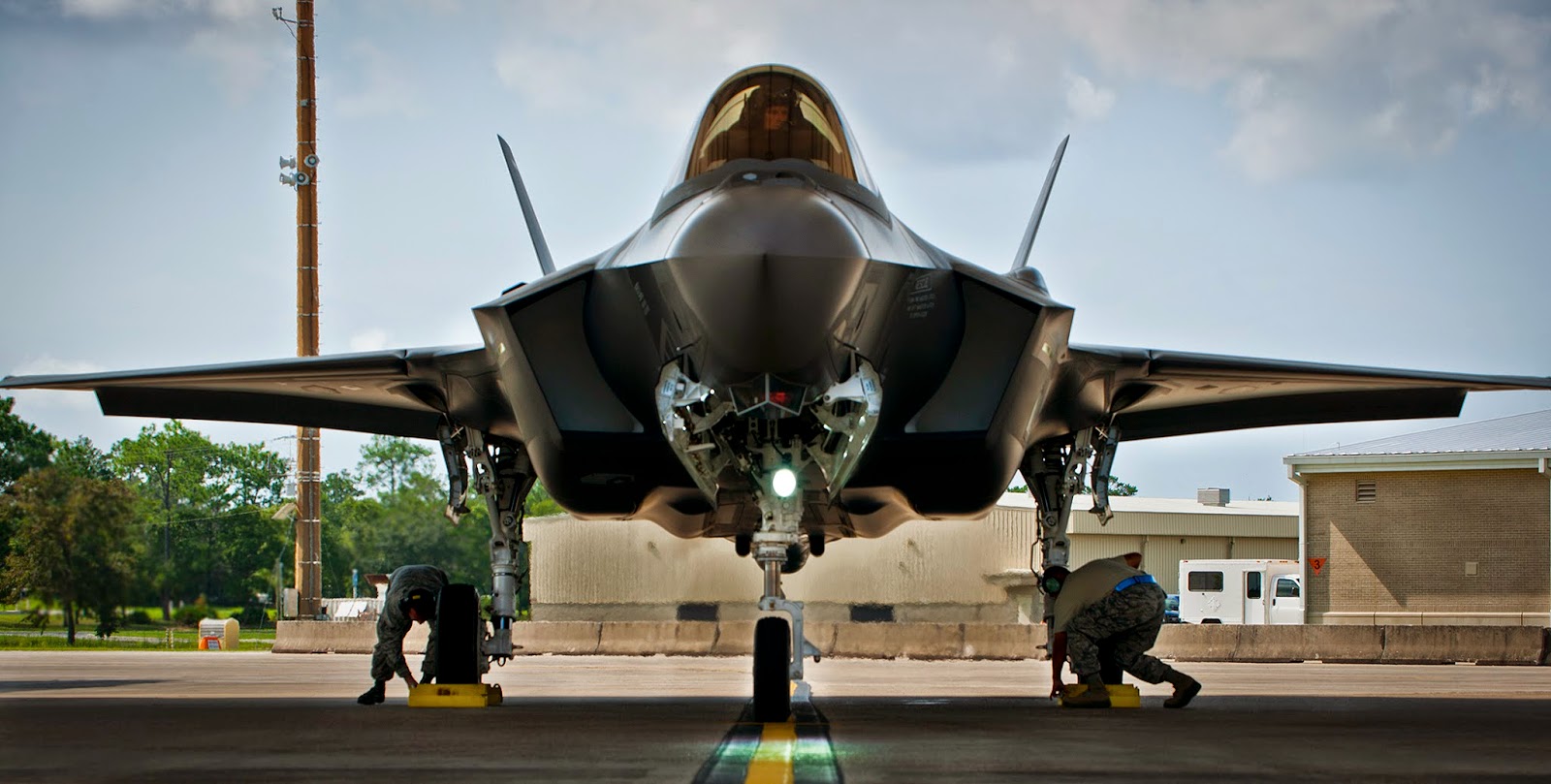"EMERGING THREATS" (RANT)
Let me get this off my chest... I hate the term "emerging threats".
Those two simple words are a powerful combination. They are ominous and imply a need for urgency while also being incredibly vague. What are these threats? Where are they emerging? How long do we have until we see them? Will it be too late once we do?
The term is often used when justifying some sort of military largesse, whether it be a cutting edge weapon system or massive building projects. After all, what better way to combat "emerging threats" than to SIMPLY BE PREPARED FOR ANYTHING AND EVERYTHING.
Nothing exemplifies this more than the current United States military. It is not enough to have the biggest military in the world, but a larger military than the rest of the world combined. Despite this, there is still the drive to take it even further. The mere suggestion of a slight reduction is scoffed at. How could the USN possibly get by with only 10 nuclear powered supercarriers instead of 11? Combined with their smaller America and Wasp carriers, that is only 20 in total (with another 3 under construction). That is not nearly enough compared to possible threats like... uh... Russia's single diesel powered "ski-jump" carrier or China's two diesel powered carriers (one of which is still in trials).
Nations that make the conscious decision to build up their military prowess rarely do it at a whim, and they certainly cannot undertake the task overnight.
In response to its growing role on the world's stage, China has greatly increased its military spending in the 2000s. It now comes second only to the US when it comes to defense budget. Despite this, China's military budget is still a mere third of the good ol' USA. Much of that budget devoted to simply modernizing China's military hardware, much of which dates back to the Cold War.
Make no mistake, China is committed to being treated seriously on the world stage. The introduction of the J-20 was a clear statement that China's aerospace industry should be taken seriously. The days of China flying warmed over Russian fighters are over. Despite some western nay-sayers, the J-20 could very prove a threat to even the vaunted F-22 Raptor.
Even if the J-20 turns out to be absolute world-beater, its effect on the world's stage will be minimal for years, possibly decade to come. China would have to construct hundreds of them to match the numerical superiority of American air power. That sort of undertaking would take decades and result in some serious diplomatic repercussions.
China's newfound military might is based on its improved economy. That improved economy is based on trade. That trade would be jeopardized by any belligerent action on its part. China is unlikely to be any sort of threat besides defending its own interests.
Russia's answer to the F-22, the Su-57, certainly appears imposing. Sukhoi's reputation for building large, fast, and deadly fighters like the Su-27 combined with its jaw-dropping airshow displays would seem to give military planners cold sweats and sleepless nights.
But lo-and-behold, the Su-57 has had some problems. Full-rate production has been delayed and the program is in serious trouble. Despite a promising start, the Su-57 looks like it will suffer the same fate as the F-22 Raptor; a short-lived production run cancelled due to exorbitant costs.
Like the J-20, the Su-57 seems very unlikely to have much effect on the world stage now or anytime remotely soon, if ever.
What about new technologies? Surely some foreign military is working on a top-secret weapon system that will render current missiles and guns obsolete.
Once again, the USA's research and development budget dwarfs all the others. If any new weapon comes out, there is a very good chance it will be fielded by the US military first, with all other nations playing catch up.
Even if a foreign power developed a "game changer", its effect on the battlefield would likely be limited. Historically, very few weapons have changed the face of warfare overnight. Instead, they work themselves into the battlefield after years of experimentation, improvement, and changing tactics.
Iron weapons would turn out to be far superior to bronze but still took centuries to replace them. Early wrought iron was inferior to bronze and required more advanced blacksmithing and smelting techniques to realize its full potential.
Early gunpowder weapons were slow, inaccurate, and unwieldy. It took many years before they were even capable of being handheld. Even then, one would not dare depend on one as their sole means of defense. Swords, spears, shields and armor would serve alongside matchlock rifles. A soldier armed with a flintlock would likely have a bayonet (effectively a sword/spear) attached as well as a sword for close-combat. Bayonets still saw prevalent use in WWI, were built into Cold War battle rifles such as the Russian SKS, and are still seen today as attachments to modern assault rifles.
Even guided missiles, a weapon thought to render guns obsolete in fighter combat, have yet to do so after more than 50 years. They have continued to get better, but sometimes nothing beats the simplicity of a good old fashion cannon.
One could argue that the only weapon to truly change the face of warfare overnight has been the thermonuclear bomb. Not that it changed the way make war but how we look at war.
After Hiroshima and Nagasaki, the idea of a large-scale war between superpowers has become unpalatable to all but the most ardent warmongers. It is now possible for conflict to escalate beyond the actions of men on the battlefield. War has become much more indiscriminate. Entire cities of non-combatants can be wiped off the map in an instant.
Thankfully, the introduction of nuclear weapons has seen priority given to diplomacy and communication. Threat of nuclear annihilation kept conflict on smaller scale. The post Cold War world has seen great strides in international trade. The internet age has helped teach us that those in other parts of the world are not so different than ourselves. It has made it more difficult for governments to oppress their people. Fear and misunderstanding has begone to give away to empathy and understanding. The world has become so interconnected that ruination of one nation could effect countless others.
There are still hold outs. Those that believe it will always be "us versus them". Those that choose to rattle their swords instead of simply talking.
Instead of constantly trying to combat "emerging threats" that do not truly exist, maybe we should pay attention to the world around us and ask ourselves who the threat really is.








Comments
Post a Comment